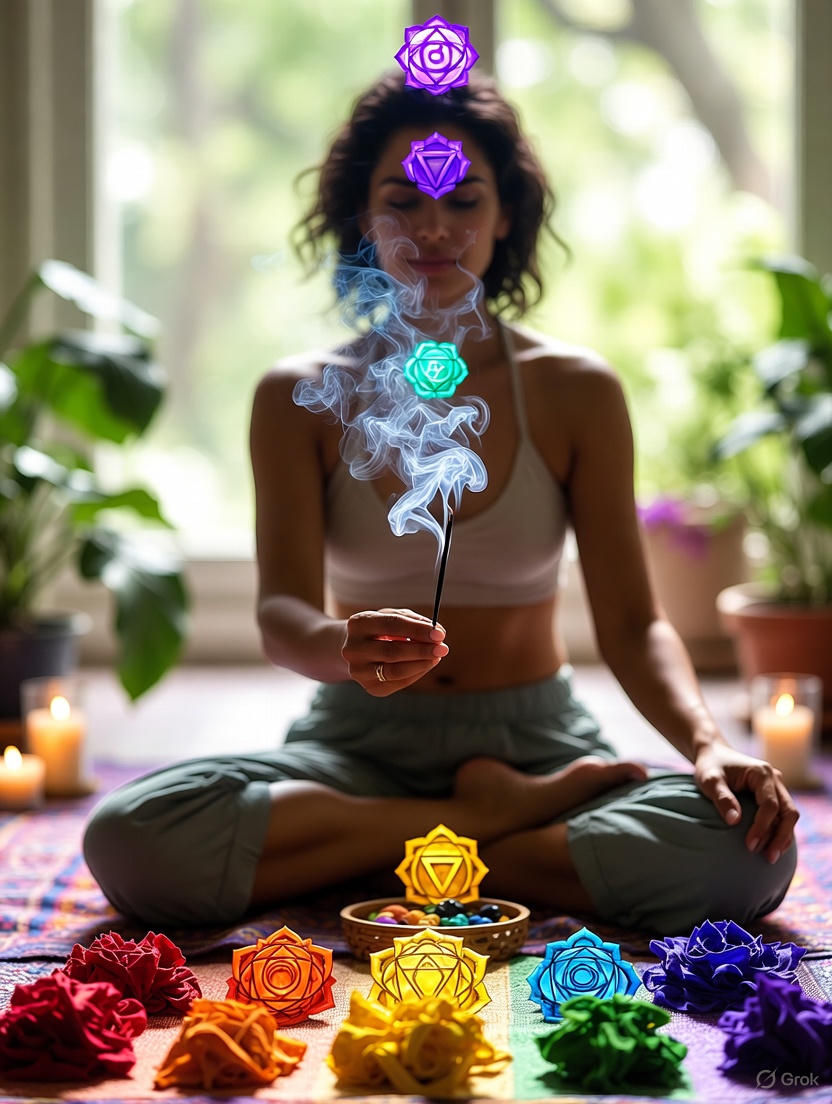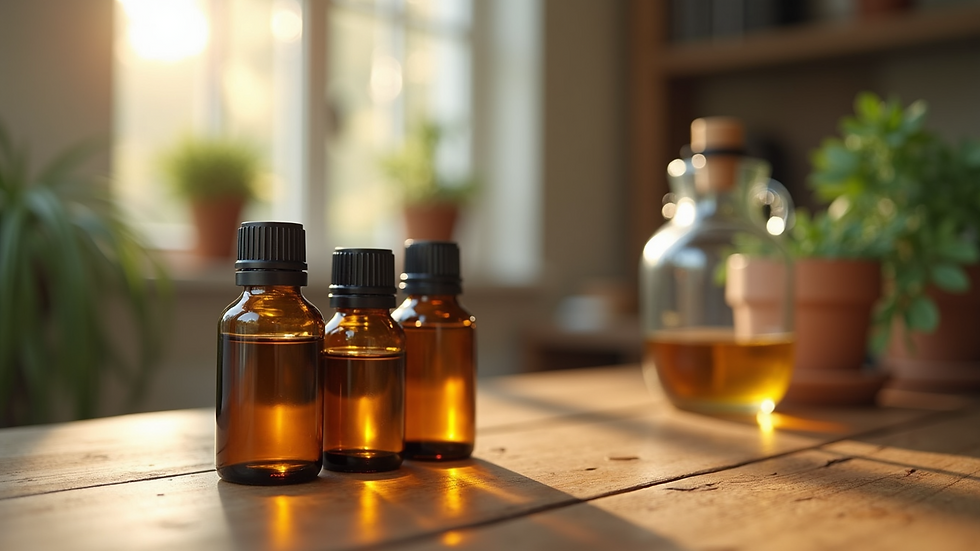Exploring the World of Fragrance and Its Cultural Significance
- jaygee mavalur
- Oct 18, 2025
- 3 min read
Fragrances have been an essential part of human culture for thousands of years. From ancient rituals to modern-day perfumery, scents evoke emotions, memories, and even spiritual connections. This blog post delves into the fascinating world of fragrances, exploring their history, cultural importance, and practical uses. Whether you are a fragrance enthusiast or simply curious about the power of scent, this guide offers valuable insights and tips.
The History and Evolution of Fragrances
Fragrances date back to ancient civilizations such as Egypt, Mesopotamia, and India, where aromatic substances were used in religious ceremonies and daily life. Early perfumes were made from natural ingredients like flowers, herbs, spices, and resins. These scents were often burned as incense or applied to the skin.
Over time, the art of perfumery evolved with advances in chemistry and trade. The Silk Road and spice routes introduced new raw materials, expanding the palette of available scents. By the Renaissance, perfume had become a symbol of status and luxury in Europe.
Today, fragrances are crafted using both natural and synthetic ingredients. The industry spans from fine perfumes to scented candles and incense, each serving different purposes and preferences.

The Cultural Significance of Fragrances Around the World
Fragrances hold deep cultural meanings that vary across regions and traditions. In many cultures, scent is intertwined with spirituality, healing, and social customs.
Middle East: Perfumes and incense play a vital role in hospitality and religious rituals. Oud and amber are prized scents, often used to create a warm, inviting atmosphere.
India: Aromatic substances like sandalwood and jasmine are integral to ceremonies and meditation practices. The use of incense sticks is widespread in homes and temples.
Japan: The art of Kōdō, or "the way of fragrance," is a refined practice involving the appreciation of incense and its subtle nuances.
Western cultures: Fragrances are often associated with personal identity and fashion. Perfume is a form of self-expression and an accessory to style.
Understanding these cultural contexts enriches our appreciation of fragrances beyond their pleasant smells.

How to burn amber incense?
Burning incense is a simple yet mindful practice that enhances ambiance and promotes relaxation. To burn amber incense, follow these steps:
Choose a safe holder: Use a heat-resistant incense burner or a ceramic dish filled with sand or ash to catch the falling ash.
Light the tip: Hold the incense stick at the uncoated end and light the coated tip with a match or lighter. Let the flame burn for a few seconds.
Blow out the flame: Gently blow out the flame to allow the incense to smolder and release fragrant smoke.
Place the stick: Insert the incense stick into the holder, ensuring it is secure and upright.
Enjoy the aroma: Allow the scent to fill the room. Keep the area ventilated but avoid strong drafts that may extinguish the incense.
Burning incense like amber incense can create a calming environment for meditation, yoga, or simply unwinding after a long day.

Practical Uses of Fragrances in Daily Life
Fragrances are not just for special occasions; they can enhance everyday experiences in many ways:
Home ambiance: Use scented candles, diffusers, or incense to create a welcoming atmosphere. Scents like lavender and vanilla promote relaxation, while citrus invigorates.
Personal care: Perfumes and body sprays boost confidence and mood. Layering scents with lotions can extend fragrance longevity.
Mindfulness and wellness: Aromatherapy uses essential oils to support mental and physical health. Scents like eucalyptus and peppermint can improve focus and relieve stress.
Cultural celebrations: Incorporate traditional fragrances during holidays and rituals to honor heritage and create meaningful memories.
Experimenting with different scents can help you discover what resonates best with your lifestyle and preferences.
The Future of Fragrances: Trends and Innovations
The fragrance industry continues to evolve with new trends and technologies shaping its future:
Sustainability: Consumers increasingly demand eco-friendly and ethically sourced ingredients. Brands are adopting green chemistry and biodegradable packaging.
Personalization: Advances in AI and biotechnology enable customized fragrances tailored to individual preferences and even mood.
Wellness integration: Fragrances are merging with health products, such as scented skincare and wearable diffusers, to enhance holistic well-being.
Cultural fusion: Globalization inspires creative blends that combine traditional scents from different cultures, offering unique olfactory experiences.
Staying informed about these trends can help fragrance lovers make conscious choices and enjoy innovative products.
Embracing the Power of Fragrance in Your Life
Fragrances are more than just pleasant smells - they are powerful tools that connect us to history, culture, and our own emotions. By exploring different scents and their meanings, you can enrich your daily routine and create moments of joy and tranquility.
Whether you choose to burn amber incense during meditation or wear a signature perfume, embracing fragrance is a journey of discovery and self-expression. Let your senses guide you to new experiences and deeper connections with the world around you.








Comments